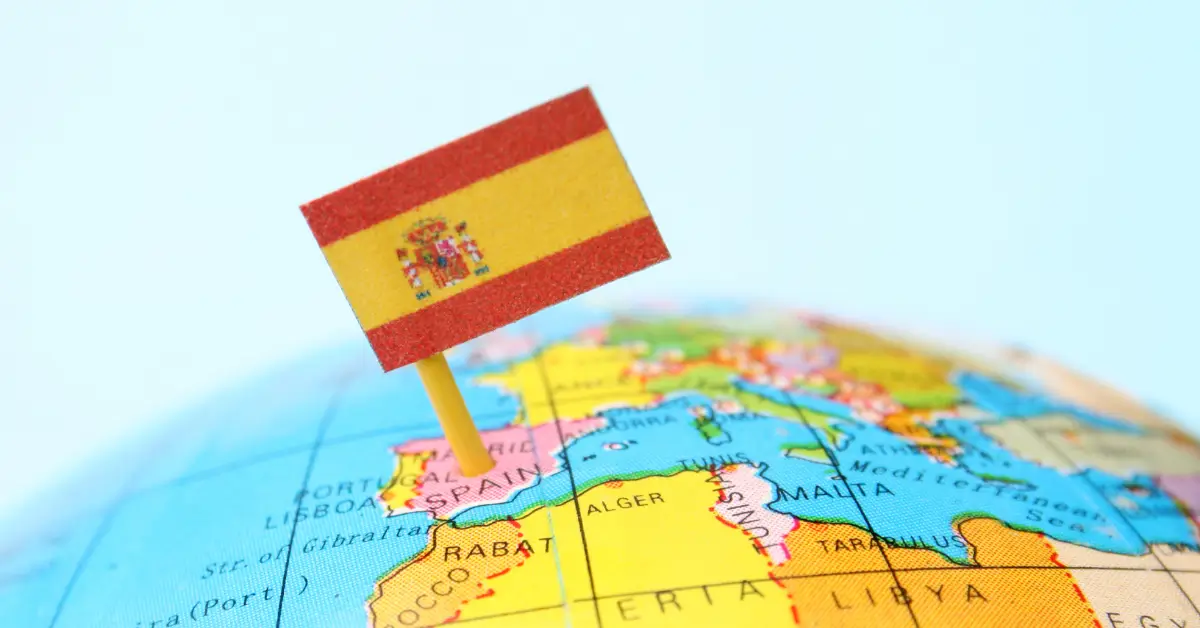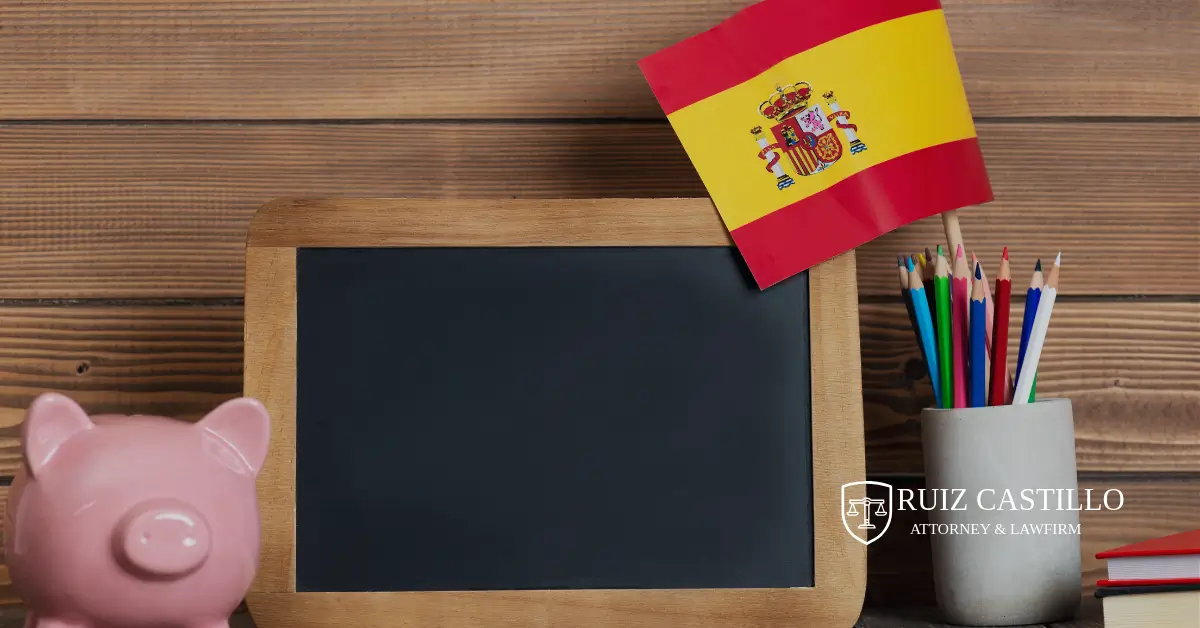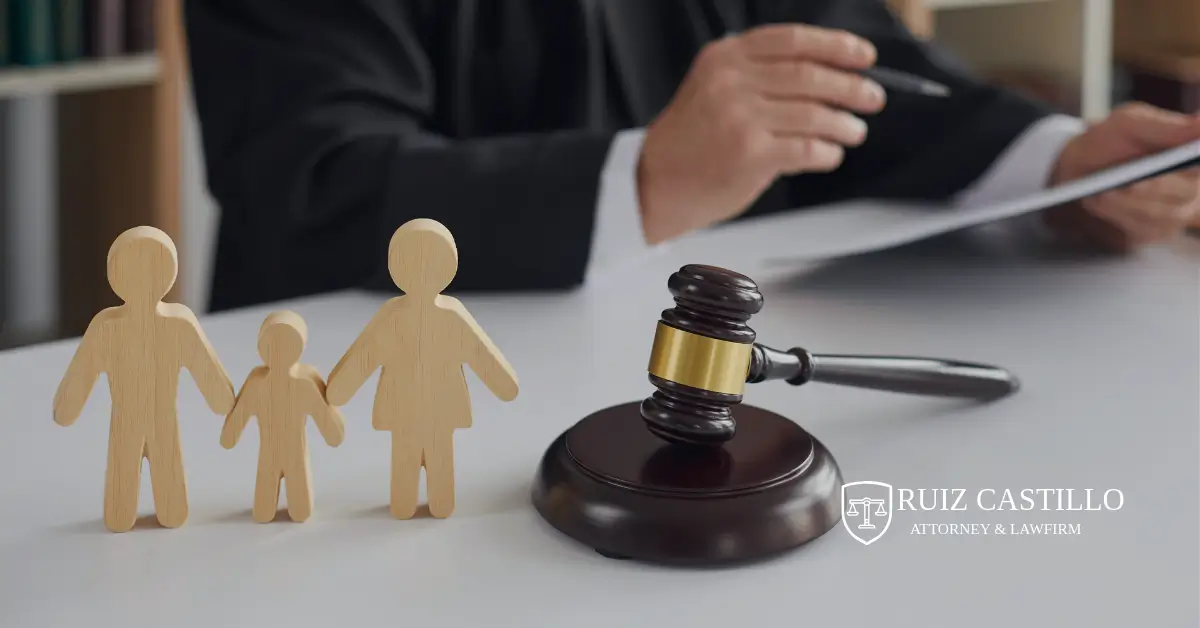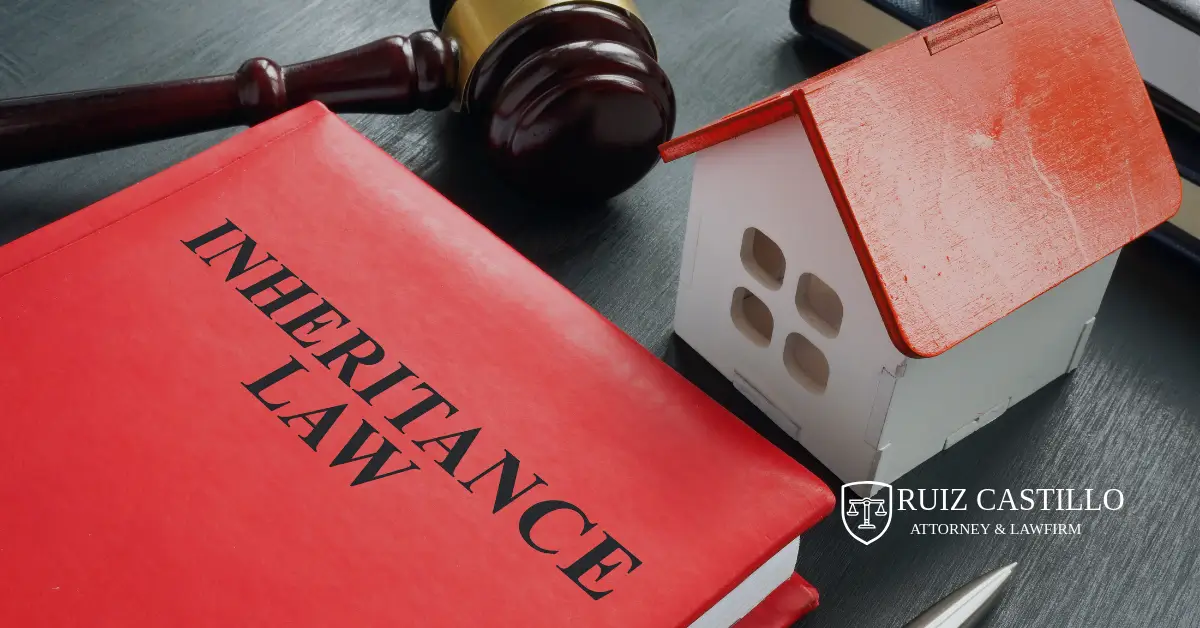
Navigating Spanish bureaucracy can be challenging for expats unfamiliar with the local administrative procedures. From applying for residency permits to handling property or vehicle registration, having the right knowledge is essential. This guide offers clear, accurate advice on the necessary steps to manage Spanish bureaucracy efficiently. As a lawyer experienced in helping expats with legal […]
Happy clients
Experience
Masters degrees
Navigating Spanish bureaucracy can be challenging for expats unfamiliar with the local administrative procedures. From applying for residency permits to handling property or vehicle registration, having the right knowledge is essential. This guide offers clear, accurate advice on the necessary steps to manage Spanish bureaucracy efficiently. As a lawyer experienced in helping expats with legal and financial matters, I am here to guide you through these complex processes.
When moving to Spain, one of the first legal processes you’ll encounter is applying for a residency permit. This is especially important if you plan to stay in Spain for more than 90 days. Depending on your situation, there are several types of residency permits available:
The residency application process varies based on your citizenship. EU citizens can move freely within the EU and generally need to apply for a Certificado de Registro de Ciudadano de la Unión Europea. Non-EU citizens, however, need to apply for a residency permit, attend appointments at the immigration office, and ensure they meet additional requirements, such as proof of financial stability, private health insurance, and accommodation.
To avoid delays and complications, ensure all required documents are prepared well in advance. It’s essential to follow each step closely, as missing one document could result in a rejected application. If you need assistance in preparing and submitting your residency permit application, contact me, José María Ruiz Castillo, for expert guidance and support in navigating this process.
Read my in-depth article about key Spanish laws every expat should know.
In Spain, expats are often required to obtain either an NIE (Número de Identificación de Extranjero) or a TIE (Tarjeta de Identificación de Extranjero). The NIE is a unique identification number assigned to foreign residents, and it’s essential for legal and financial transactions such as paying taxes, purchasing property, or starting a business. Meanwhile, the TIE is a physical identification card primarily issued to non-EU citizens, serving as their proof of legal residence in Spain.
For EU citizens, obtaining an NIE is typically sufficient, while non-EU citizens will also need a TIE to complete their residency process. To apply, you must submit a completed application form, provide the necessary supporting documents (such as a passport and proof of legal purpose for residing in Spain), and attend an appointment at the relevant police station. The process can be time-consuming, but I can help you ensure that all paperwork is in order and that you meet the legal requirements for a smooth application process.
Read my in-depth article about legal rights and obligations of foreigners in Spain.
Power of attorney (Poder Notarial) is an invaluable tool for anyone managing legal matters in Spain, especially when you cannot be present to sign documents or complete procedures. Power of attorney in Spain must be notarized and can either be general (granting broad authority) or specific (limited to certain actions, such as buying property or handling a legal case).
For expats living abroad or with busy schedules, granting power of attorney can simplify many aspects of life in Spain, such as property transactions or dealing with administrative issues. I can help you understand the legal implications of granting power of attorney and guide you through the notarization process to ensure everything is legally sound and tailored to your needs.
Once you’ve established residency in Spain, there are several important documents you’ll need to acquire to manage your day-to-day affairs. These include identification numbers and registrations that are crucial for everything from opening a bank account to purchasing property.
If you plan to buy property or register a vehicle in Spain, knowing the correct registration procedures is crucial. For property registration, it’s important to obtain a Nota Simple—a document from the Registro de la Propiedad that provides a summary of the property’s legal status. This document confirms ownership and highlights any debts or encumbrances attached to the property. Additionally, after purchasing property, the deed (escritura) must be registered to confirm the transfer of ownership.
For vehicle registration, especially if you’re importing a car from another country, you’ll need to follow specific steps to ensure the vehicle complies with Spanish regulations. This includes obtaining an engineer’s report (ficha técnica reducida) for imported vehicles, passing an ITV (Inspección Técnica de Vehículos), and paying the relevant taxes and registration fees to the Dirección General de Tráfico (DGT).
Navigating these procedures can be complex, but as a lawyer with experience in these matters, I can help you handle the necessary paperwork, ensure compliance with Spanish laws, and avoid costly mistakes.
In today’s digital age, many administrative processes in Spain can be completed online through government portals. To access these services, you’ll need a digital certificate, also known as Cl@ve. This certificate is necessary for submitting tax returns, applying for social security benefits, or even registering with the local town hall (empadronamiento).
Obtaining a digital certificate requires registering with the Cl@ve system, verifying your identity at a local office, and downloading the certificate to your device. This process can streamline many bureaucratic tasks, and I can assist you in setting it up to ensure you’re able to manage your affairs efficiently from anywhere in the world.
While many procedures are straightforward, it’s important to account for the various costs associated with navigating Spanish bureaucracy. Whether you’re applying for residency, registering property, or importing a vehicle, there are fees for document submission, legal services, and government processing. Having an accurate understanding of these costs in advance can help you budget accordingly and avoid unexpected expenses.
I can provide you with a clear breakdown of the fees involved in these processes and ensure that your legal needs are met without unnecessary delays or additional costs.
Successfully navigating Spanish bureaucracy requires a clear understanding of the necessary administrative procedures, official documents, and legal processes involved. Whether you’re applying for a residency permit, obtaining an NIE or TIE, registering property, or managing your affairs from abroad with power of attorney, having expert legal assistance can make all the difference.
If you need help navigating these processes, I am here to assist you every step of the way. Contact me, José María Ruiz Castillo, directly to discuss how I can simplify your transition to life in Spain and ensure that all your legal and financial matters are handled efficiently and professionally. With my expertise, you can focus on enjoying your new life in Spain without the stress of navigating its complex bureaucracy alone.







